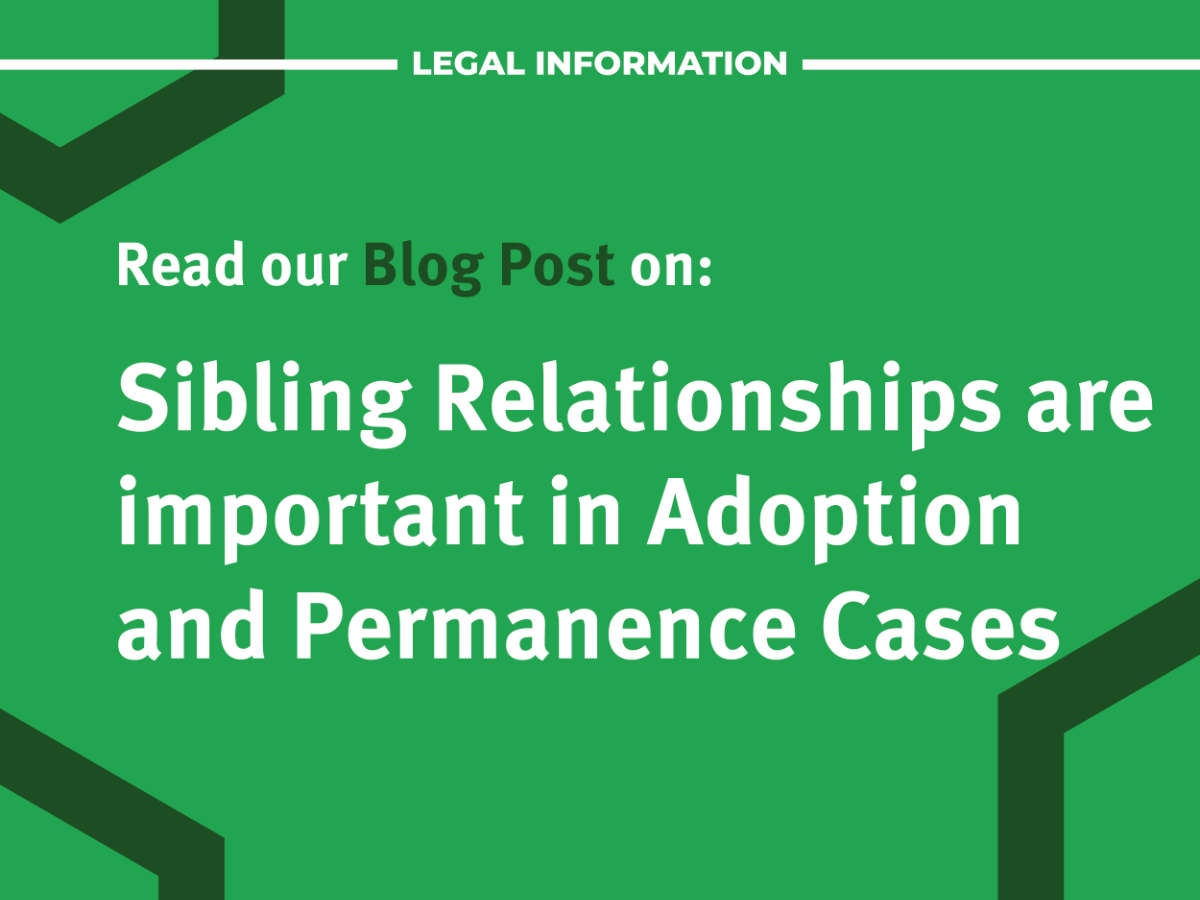
Throughout our careers, we have seen, read about and helped people and couples adopt children, but have rarely heard a story about a sibling group adoption. Although rare, there have been instances where siblings are placed together, where the adoptive family keep brothers and sisters together and adopts them both, or a whole group to help maintain their sibling relationship.
In various adoption cases, siblings are generally split up as they are placed for adoption in different families. The chances of brothers and sisters staying together are almost none, due to which their sibling relationship may get affected. Keeping a sibling group together is rather difficult – a recent survey found out that two thirds of children and young people waiting to be adopted belong to sibling groups and are waiting for an adoption in a family together. When the wait gets too long, they are split up to make new family ties and lose old sibling bonds. A meaningful sibling bond is extremely important for children in so many levels – it contributes to their care and protection and ensures their healthy well-being. In order to get long-term foster care for children and a desire to provide immediate adoption, local authorities often overlook the importance of maintaining healthy sibling relationships.
The Supreme Court reaffirmed the value of sibling relationships in two instances in 2020 that examined the part that the child’s brother or sister can and should play in child custody hearings. The court declined to go so far as to draw the conclusion that siblings should always be regarded as “relevant persons”—a label often reserved for the birth parent and other adults who regularly have custody of and control over a kid. The judgments did, however, take into account the role that siblings play on a child’s wellbeing. Because of this, hearings for children now have to take within the context the preservation and growth of sibling relationships, whether by trying to keep kids together or by taking into account continued sibling contact and allow them to spend time together as part of permanency planning.
Children who are adopted from local authority care almost often go through the children’s hearing process, when mandatory restrictions are put in place governing their residence away from their birth families. The local authority may petition to the court for a permanence order, which may or may not also contain permission to allow the child for adoption, whenever it is clear that a child needs a permanent care solution. The children’s reporter will convene a hearing to assess the proposed permanence plan and provide a report of their advise on that proposal if the local authority is considering permanency.
In view of the Supreme Court’s rulings, sibling relationships will need to be taken into account while determining permanence in children’s hearings. Siblings should have a better chance to be heard when decisions are being made about their futures and the futures of their brothers and sisters as a result.
In the end, it is up to the court to decide whether or not a child should be adopted. Even in uncontested adoptions, the court must be convinced that the child will get the support they need and spend their childhood in protection through the intended adoption. The court may also impose requirements on an adoption order, such as allowing for post-adoption contact with the birth family. The possibility that looked-after children will stay in their sibling groups or at the very least have the chance to maintain healthy and positive sibling relationships may increase if sibling connections are taken into account more thoroughly throughout the children’s hearing stage.
Adopting a child is a tremendous commitment, and it can be intimidating to consider adoption of siblings together at once. Adopting sibling groupings does have a lot of advantages, both for the children and the parents.
Our family law team is equipped to give you advice and lead you through the legal process if you are thinking of adopting children together or even to adopt one child.
